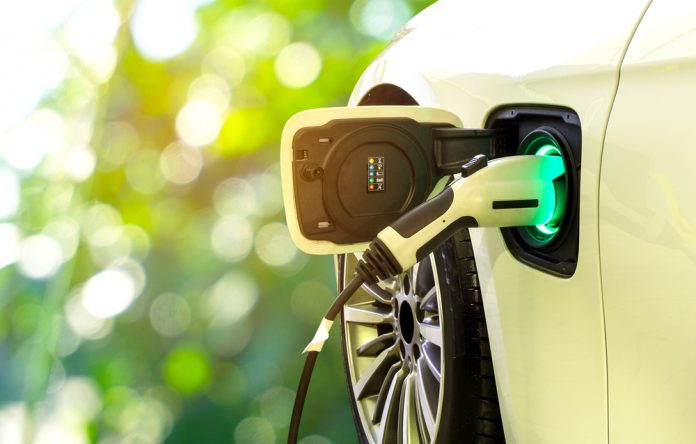How will the electric vehicle (EV) fringe benefits tax (FBT) exemption work?
The proposed FBT exemption is intended to apply to cars provided by an
employer to an employee under the following conditions:
• Low and zero emission cars
• Battery electric vehicles
• Hydrogen fuel cell electric vehicles
• Plug-in hybrid electric vehicles. Be careful here because this doesn’t include all hybrid vehicles. To qualify the car needs to be ‘plug-in’. A car that has an internal combustion engine will not meet requirements unless it is able to be fuelled by a battery that can be recharged by an off-vehicle power source.
• The car was first held and used on or after 1 July 2022
•Value below luxury car tax threshold for fuel efficient vehicles. The value of the car
at the first retail sale must be below the luxury car tax threshold ($84,916 in 2022-23) for fuel efficient vehicles.
By its nature, the FBT exemption only applies where an employer provides a car to an employee. As the FBT exemption only relates to cars, other vehicles like vans are excluded. Cars are defined as motor vehicles (including four-wheel drives) designed to carry a load less than one tonne and fewer than nine passengers.
KATRINA BRENNAN
PRINCIPAL, SRJ WALKER WAYLAND
BUSINESS GROWTH ADVISORS, ACCOUNTANTS
AND AUDITORS





